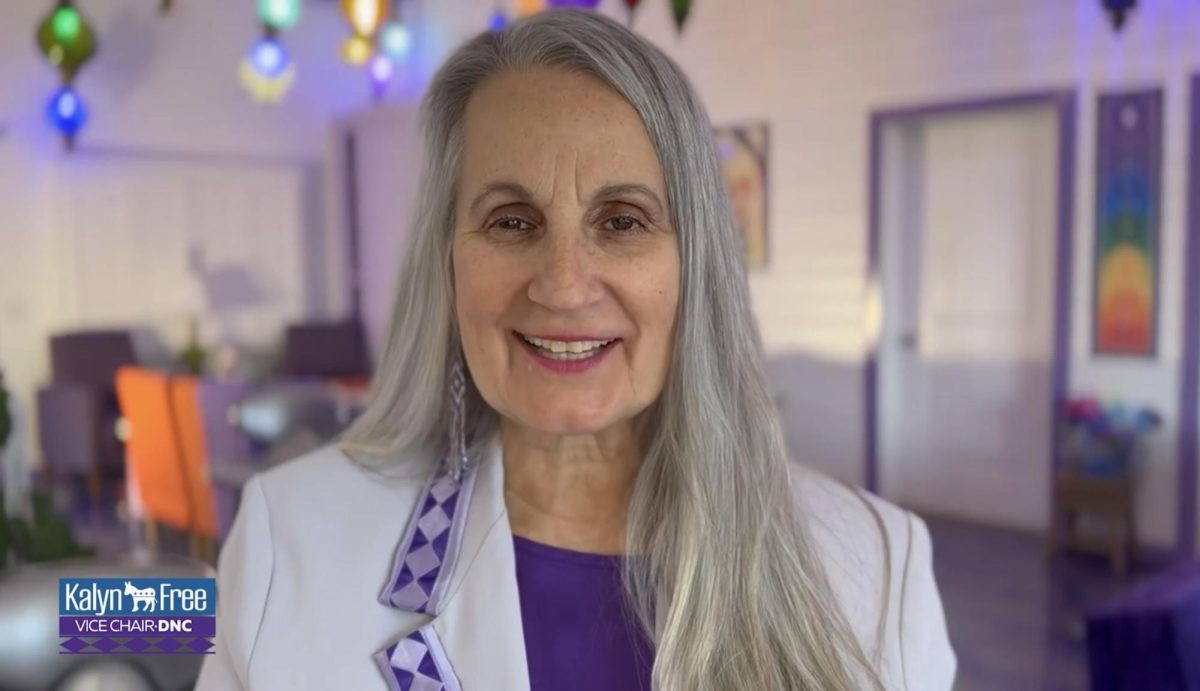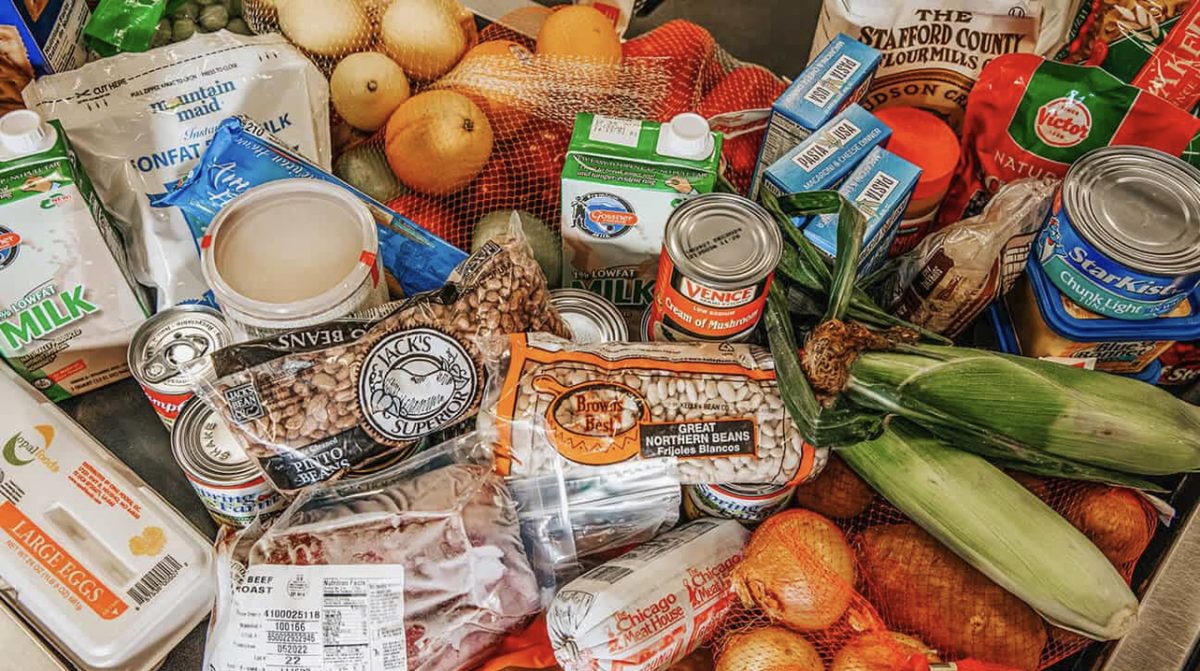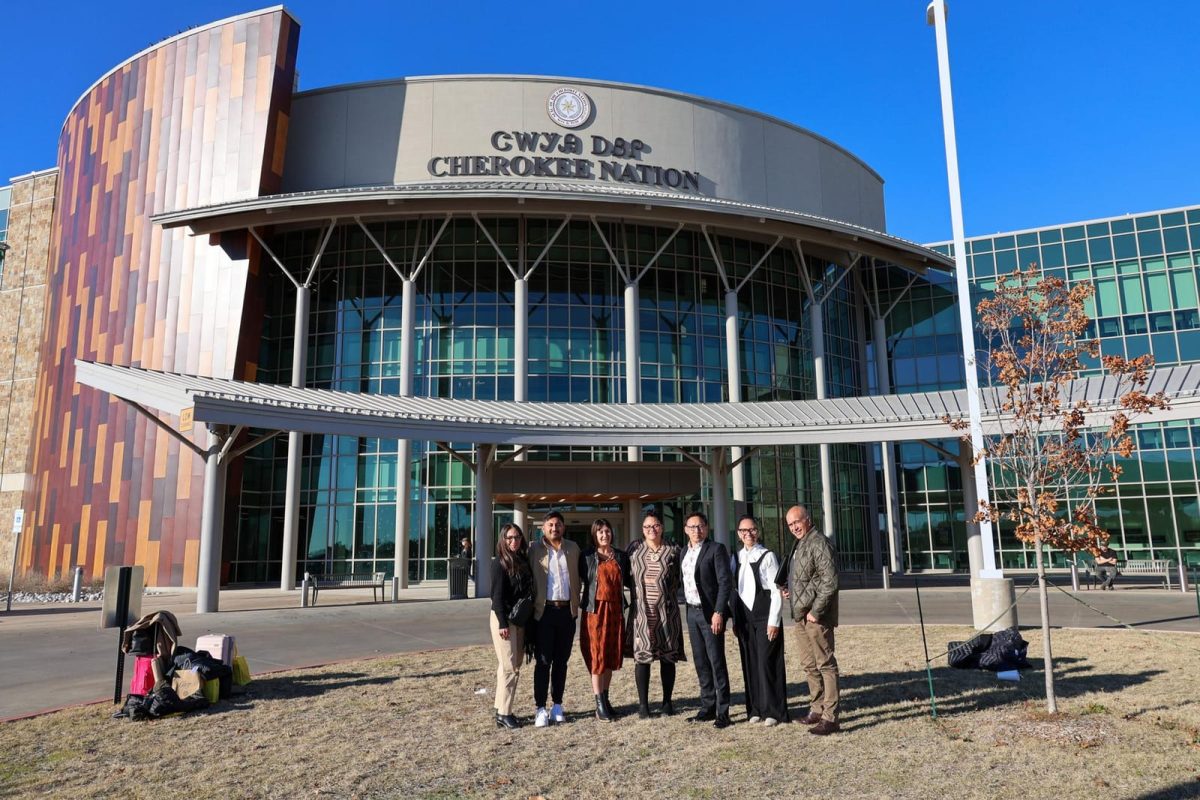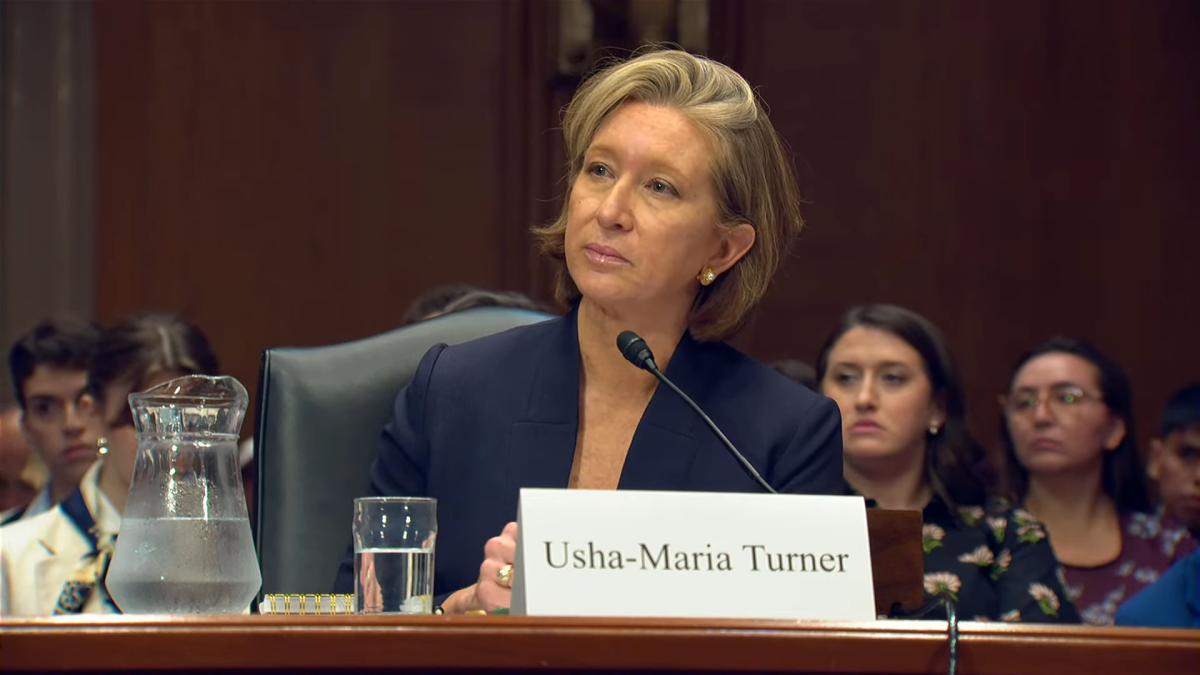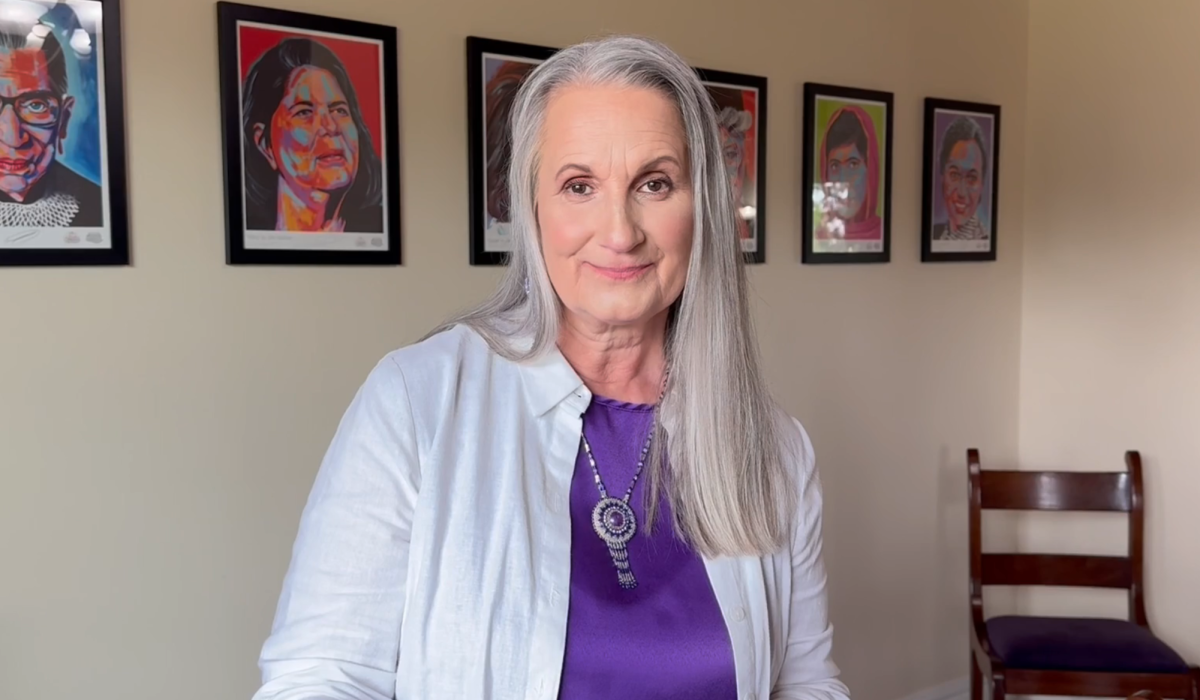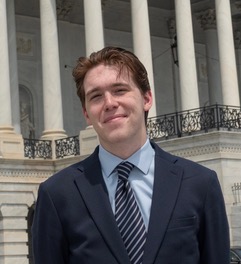WASHINGTON—Kalyn Free — a Native American attorney and longtime Oklahoma Democrat — is running again for DNC vice chair, hoping to reshape the party’s focus on rural and Indigenous communities following last week’s decision by the Democratic National Committee to toss out its February election.
The February ballot was thrown out following a 294–99 vote by DNC members to hold new elections after Kalyn Free, who lost the initial vote, challenged the results, saying the election violated the party’s gender parity rules and charter.
In her challenge, Free claimed that the process gave male candidates a mathematical advantage and violated the party’s gender parity requirement, which requires equal male and female representation in the DNC’s executive committee.
“We stand for free and fair elections, and so it was important to me that this be corrected,” Free said.
The DNC’s vote last Wednesday upheld Free’s challenge, leaving the vice chair seats previously held by Malcolm Kenyatta and David Hogg up for grabs. Following the decision, Hogg dropped out of the re-election bid, leaving one male and three female candidates, including Free, competing for the two positions.
Of the two vice chair seats, one must be held by a man — a position Kenyatta is expected to retain. That leaves Free, Kansas Democratic Party Chair Jeanna Repass, and Washington Democratic Party Chair Shasti Conrad to compete for the remaining seat.
The new election will take place on Tuesday, June 17, when the party’s roughly 500 national committee members — including state party chairs, elected officials, and organizational delegates — will cast their votes.
Free is seeking to become the first Native American and a Choctaw Nation member elected as DNC vice chair, arguing that the party has long neglected red states and Indian Country. In recent years, Democrats have struggled to maintain trust among rural voters, a challenge that she says the party must urgently address. Because of her rural upbringing near Red Oak, Oklahoma, Free says she understands “what the needs are in rural America.”
“The blue wall has crumbled,” Free said, referring to the party’s reduced support in states that have historically been reliable Democratic strongholds. “There are rural parts of this country in every state, and we have to start talking, and not just talking to those people, but listening to those folks.”
Free said Native American support is an integral part of the Democrats’ “winning strategy”, not just for the presidency, but also for gaining control of Congress. She pointed to key battleground states like Arizona and Nevada, where Native turnout has proven decisive, as evidence that investment in tribal communities can shape electoral outcomes.
If elected, Free plans to work with tribes across the country to “build a year-round organizing effort” that goes beyond short-term outreach and campaign fundraising, such as recruiting tribal candidates and engaging voters on issues that matter to Native communities.
“They deserve to be supported, but that is an educational effort, and that takes resources,” Free said. “It is an opportunity, for the first time in the history of the Democratic National Committee, to build a program that truly integrates the Democratic Party into Native communities.”
At a time when trust in the Democratic Party has eroded in rural regions and among key voting blocs, Free said the party’s long-term success will depend on its willingness to engage communities that feel overlooked.
“The Democratic party’s goal is not solely to elect the President of the United States, although that is a primary function of the National Party,” Free said. “But it’s also to build in states and to build strong parties in the states. It’s very difficult to operate, not just in Oklahoma, but in other red states, if we don’t have a strong party apparatus.”
She pointed to Tulsa Major Monroe Nichols, a Democrat, as an example that progress is possible for Democratic candidates when they speak directly to local concerns and don’t “shy away from issues that other candidates would have shied away from.”
“I think it’s very important for the party, not just on the national level, but on the state and local level, to recruit candidates and vet candidates that are true to our values, and that will run as Democrats and will win as Democrats,” she said.

